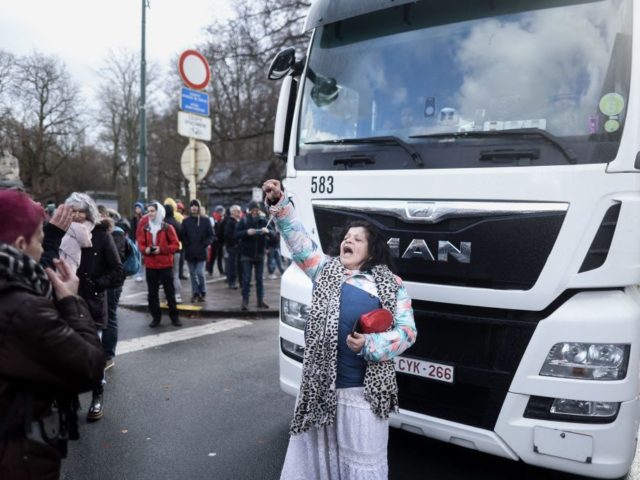
Proverbs 22:8 “Whoever sows injustice will reap calamity, and the rod of his fury will fail.”
Important Takeaways:
- ‘They Can’t Stop Us’: Freedom Convoy Rolls into EU’s Capital Despite Government Ban
- A Freedom Convoy of anti-mandate motorists is arriving in Brussels, the de facto capital of the European Union, despite authorities banning the demonstration.
- Some 1,300 vehicles are on the move into capital of the European Union Brussels
- Authorities in charge of other European cities, such as Paris and Vienna, have made similar attempts to ban demos styled on anti-mandatory vaccine protests in Canada, though all so far have been futile.
- While authorities in Belgium have issued a ban on the forthcoming anti-lockdown protest in the nation’s capital, the nation has also seemingly acquiesced to calls for the country to loosen its lockdown restrictions.
- From February 18, rules regarding the closure of establishments after a certain time, as well as the mandatory wearing of masks are set to be loosened.
- “Today, we are taking a huge step forward. We are returning to normalcy,” Politico reports Alexander De Croo, Belgium’s Prime Minister
Read the original article by clicking here.






